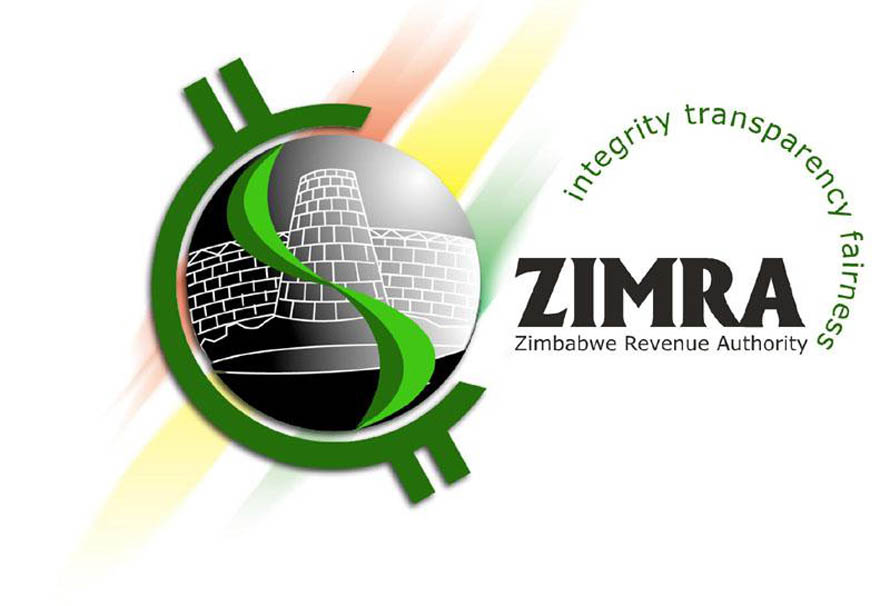
The Sunday Mail

Presumptive Tax
PRESUMPTIVE TAX is a simplified tax system designed for informal businesses and small-scale operators who may not maintain detailed accounting records. Unlike traditional income tax, which is based on actual profits, presumptive tax uses predetermined rates based on factors like industry, location and business size.
Who uses presumptive tax?
- Informal businesses: Often associated with street vendors, market stall owners, small repair shops, and unregistered micro-enterprises.
- Limited accounting: Businesses that do not have the resources or expertise to maintain complex financial records.
- Low-income operators: Businesses with a smaller turnover, where the burden of traditional tax filing may outweigh the benefits.
What are the benefits of presumptive tax?
- Simplicity: Easier to understand and comply with compared to traditional income tax.
- Reduced costs: Saves time and money associated with maintaining detailed accounting records and tax preparation.
- Encourages compliance: Provides a straightforward way for informal businesses to contribute to the tax system, promoting economic growth.
- Administrative efficiency: Allows tax authorities to collect taxes more efficiently from a large number of smaller businesses.
How is presumptive tax calculated?
- The exact calculation method varies by country and jurisdiction. However, common factors used to determine presumptive tax rates include:
- Industry: Different industries may have different presumptive tax rates based on average profitability within that sector.
- Location: Businesses located in high-traffic areas or tourist districts may have higher presumptive tax rates compared to those in less populated areas.
- Business size: Larger businesses within the informal sector might be subject to higher presumptive tax rates compared to smaller ones.
- Indicators of Income: Factors like square footage of a shop, number of employees or quantity of goods sold could be used to estimate income for tax purposes.
Important points to consider:
- Final tax: Presumptive tax is typically a final tax, meaning there is no need to file further tax returns unless additional income is earned outside the scope of the presumptive tax system.
- Limited flexibility: Businesses may not be able to claim deductions for expenses incurred, unlike traditional income tax.
- Potential inaccuracy: Presumptive tax rates may not perfectly reflect a business’ actual profitability, leading to overpayment or underpayment in some cases.
- Government objectives: The design of the presumptive tax system can be used by governments to incentivise certain business activities or discourage others.




